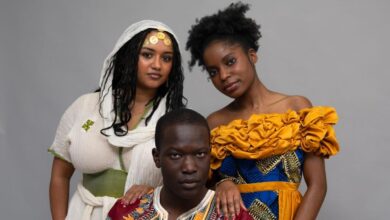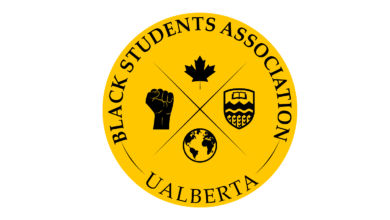ISA Elections 2022: Meet the board candidates
The ISA election is happening on February 5 and 6 to fill eight board positions.
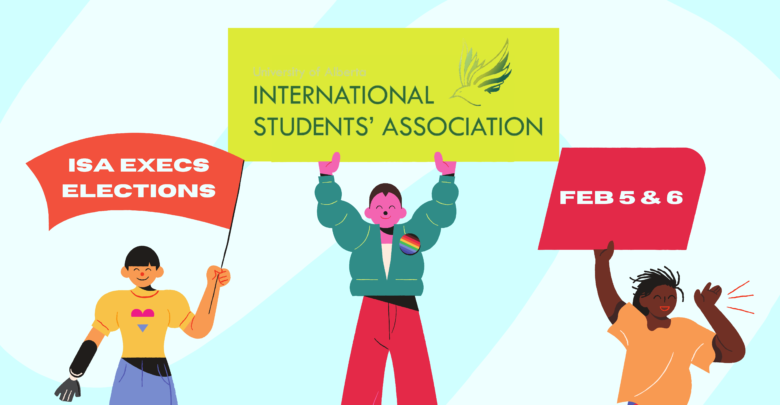 Supplied
SuppliedThis guest column is written through a partnership with the University of Alberta International Students’ Association and The Gateway.
The International Students’ Association’s (ISA) annual general elections are in full-swing this week to fill its eight board seats.
The ISA represents over 9,000 international students from about 155 different countries, making it the largest Student Representative Organization at the University of Alberta after the Students’ Union (UASU). It represents both undergraduate and graduate students across all campuses. After being revived in 2020 and operating for two years, they will have their elections on February 5 and 6.
Later this year, the ISA will also be hosting its first fee referendum in the UASU General Elections in March. The ISA is proposing the ISA Student Fee (ISAF), a $3.50 per semester per international undergraduate student fee to provide services and programs. All undergraduate students will get to vote on the fee proposal.
The ISA’s board consists of the president and seven vice-president roles — each heading a specific department — who are responsible for the day-to-day executive functioning of the ISA.
We had the chance to interview the candidates running for the ISA board. More information is available on the ISA website.
Candidates
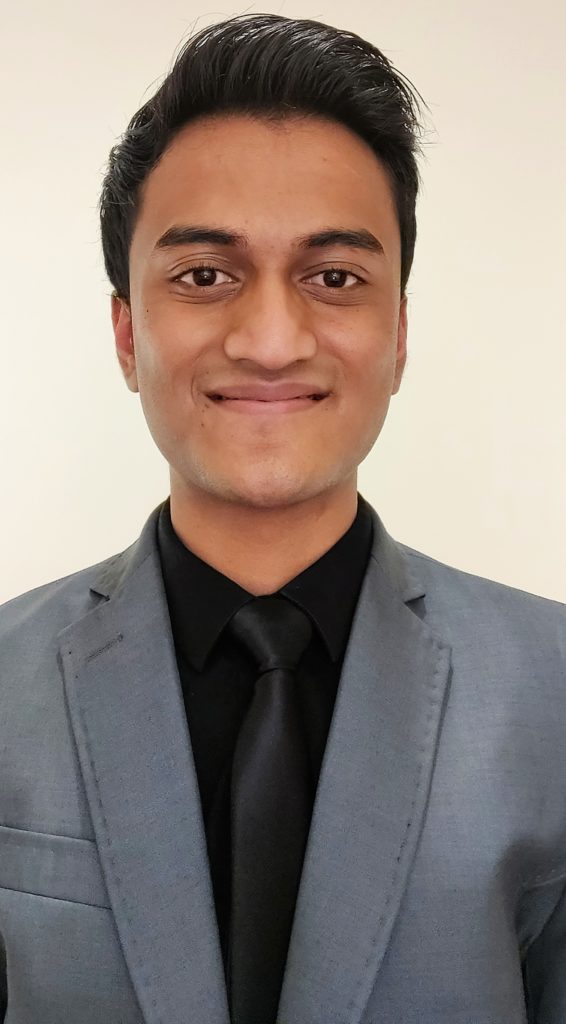


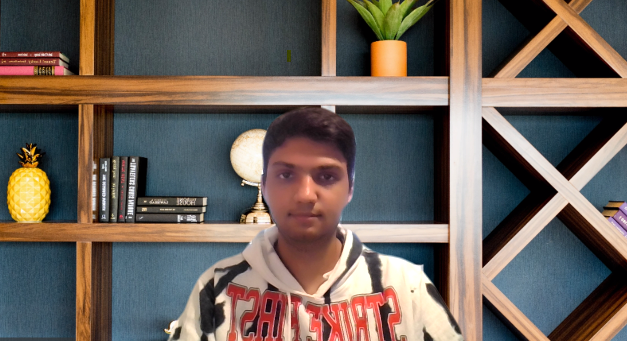
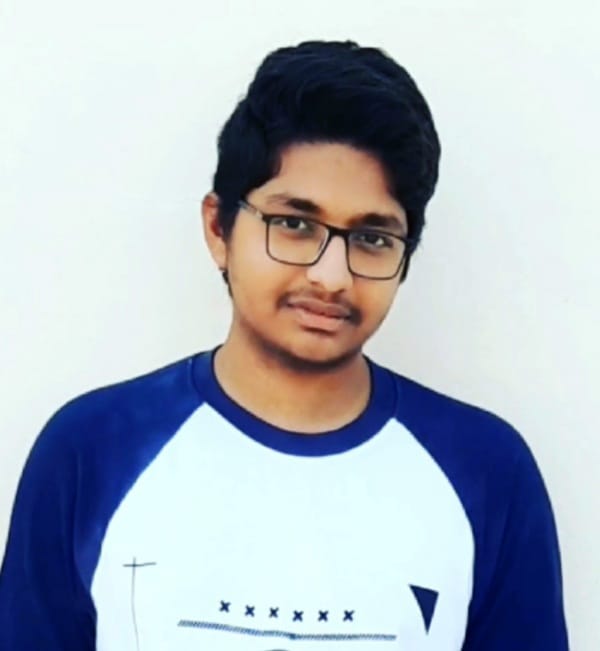

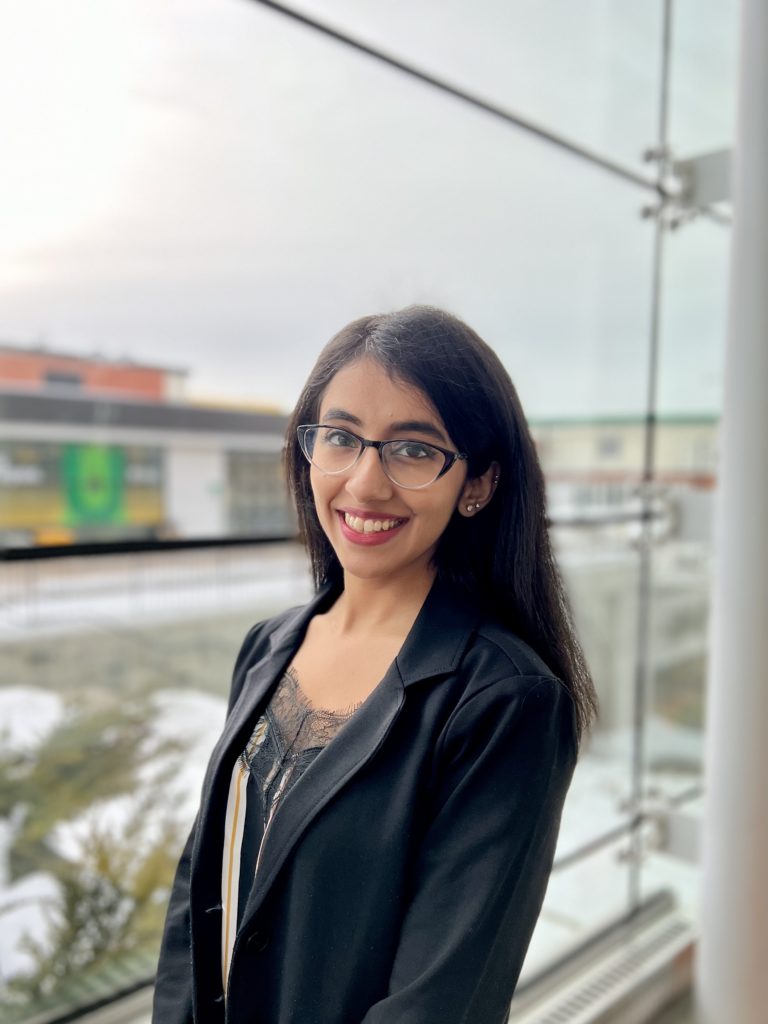

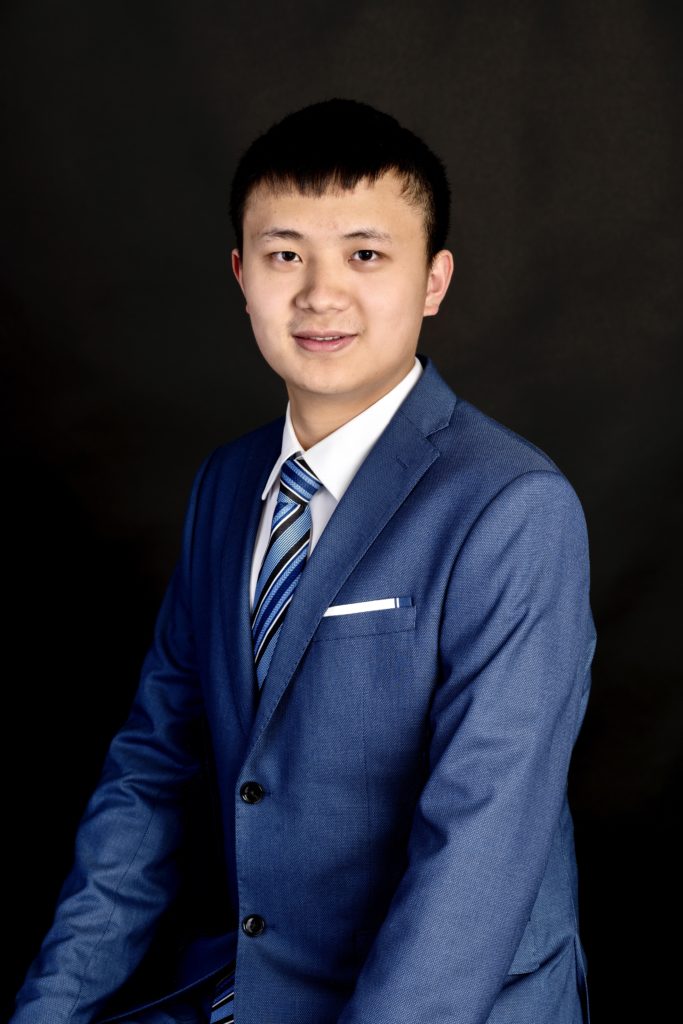
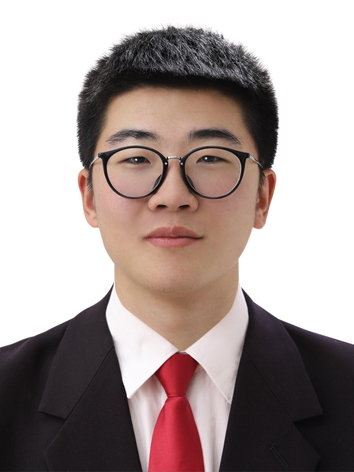
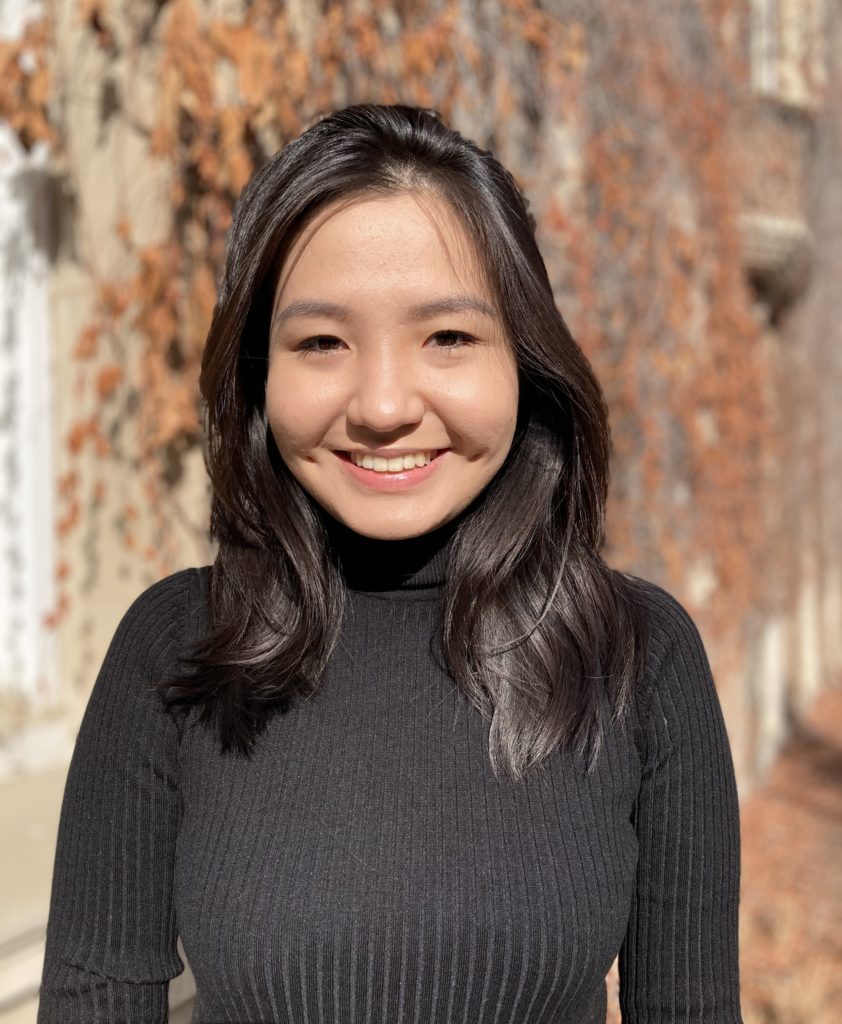

President
- Dhir Bid
Vice-president (communications)
- Advik Mehta and Kevin Wilianto
- Kunaal Gupta and Sai Charan Arvapally
Vice-president (external)
- Mohit Sinha and Sabaah Bibi Nayeck
- Charvi Dhamija and Jashan Mahal
Vice-president (finance)
- Lionel Liu and Richard Yu
Vice-president (internal)
- Mobashhir Khan and Aiman Saif
Vice-president (student life)
- Madina Usserbayeva and Nikita Adekar
Responses to questions have been edited for brevity and clarity.
1. Why are you the best fit for this position in the ISA?
Bid: I have been a former engineering councillor, chair of the Council Administration Committee at the UASU and the General Faculties Council (GFC), and also a member of the Council on Student Affairs (COSA). I am currently the vice-president (finance) of the ISA. All these roles involved working with the ISA from its humble beginnings to having it recognized as a Student Representative Association to now planning a referendum question.
I have always advocated for international students, and I will continue to do so. I know the ISA’s internal culture well, am well-versed with the ISA’s relationships with stakeholders in the university, and I managed a very important part of the ISA — its finances. All these skills equip me to lead and grow the ISA.
Mehta (running with Wilianto): I can humbly boast about being a good listener and a natural problem solver. I’m confident that this role can help me reach out to more students and make their university experience better.
Wilianto (running with Mehta): I believe I bring a new perspective and representation to an already diverse organization. I have experience in leading a cultural group, but I also have a desire to represent international students better to the university. By having the existing resources ISA has, [we] will be able to listen to and advocate for all the international students.
Gupta and Arvapally: Being international students, we understand the struggles of new international students. Moreover, since we are both studying computer science, we can handle the website’s technical issues and social media platforms.
Sinha (running with Nayek): Nayeck is the current audio visual technician in the faculty of engineering. Nayeck communicates to students, instructors, department managers, as well as Information Services and Technology (IST) and EnggIT technicians. This gave her the opportunity to learn to communicate with different stakeholders and it will be a very useful skill for the vice-president (external) position in the ISA. I am the vice-president (communications) at the ISA. I also represent students as a councillor in the GFC. I have decided to run for vice-president (external) with Nayeck to advocate for issues international students are facing, especially during the pandemic. We are running to represent and fight for you.
Dhamija and Mahal: Jointly, both of us had the opportunity to be in nearly every body of ISA including ISA Council, the internal department, and the Office of the President. We have had the opportunity to work with each other and partake in decision-making processes and consultations with external organizations. What makes us the perfect fit for the role is our comprehensive experience combined with our passion for advocacy, our different backgrounds, and the ability to recognize challenges and take the initiative to solve them
Liu and Yu: We believe that we have adequate experience and the expertise for vice-president (finance) in the ISA. Liu has been an undergraduate councillor of the ISA since June 2020; Yu joined in November 2021. Yu is a business student and his expertise in accounting, sponsorship, and marketing could be applied to this position.
Khan and Saif: Having been involved with the internal department since September 2020, we have been involved with everything and have seen how the system works very closely. Hence, we believe we have the required experience to deal with your issues properly, so that international students get the best services!
Usserbayeva (running with Adekar): Both Adekar and I are active board members running two different departments. Adekar is vice-president (student life) and I am vice-president (internal). We have a clear vision for the future and have experience above and beyond the student life department.
2. How will you work to be a liaison between the ISA and international students?
Bid: All departments and councils in the ISA are integral to its functioning, and helping us connect with international students in different ways and advocate for them.
The ISA Council holds the ISA accountable, and students who are not councillors are also welcome in this space to voice their opinions or issues. I will make sure that our ISA Listens program, where students can anonymously report their concerns, continues, and we continue to act proactively on emerging issues international students are facing.
Mehta and Wilianto: We strive to achieve maximum transparency and advocacy for international students, enhancing student life by raising issues and following them until resolved. We are coming in with an open mind and ears to the needs and concerns of international students, and communicating them to the ISA’s board.
Gupta and Arvapally: We would help international students know the latest events and communications of the ISA through various social media platforms and promote the ISA.
Sinha and Nayeck: We will be listening to students year-round through surveys and will also have open meeting links to book meetings with us if any international students want to discuss issues we can advocate for. Our department meetings efficiently distribute this chain of information to other international students. Regular updates and information will be sent in newsletters and other ISA social media platforms to reach out to international students and keep them updated.
Dhamija and Mahal: Cutting down on the barriers between the ISA and international students is one of our main agendas. To receive feedback from students, we plan to hold bi-weekly drop-in virtual sessions. This will establish an accessible, direct, and transparent channel of communication between the ISA and the students. We also intend to conduct frequent surveys to receive written feedback on the programs and services being provided.
Liu and Yu: As we have pledged in our campaign manifesto, we will be carrying out a spending initiative on international students’ welfare and community programs. If the ISAF is approved in March, we pledge to fully implement the plan in cooperation with other ISA departments and keep track of every penny spent. We will also keep track of students’ opinions on our programs and determine their popularity; if they’re unpopular, we will consider scrapping them or improving them to ensure we always have meaningful programs and that every penny is spent efficiently.
Khan and Saif: We will hear the distress of international students and try to come up with the best possible solutions or raise the problems with the board. We will brainstorm ideas to make international students’ life easier and more fun at the university!
Usserbayeva and Adekar: As vice-president (student life), our main role is to ensure that international students have a great experience throughout their journey at the U of A. Besides advocating for international students’ rights, we are here to provide mental support and a sense of community. We are here to listen and establish open communication channels.
3. What do you believe in as your main mission and how will you implement it to benefit international students?
Bid: My main goal would be to ensure the needs of international students, who travel far away from home for their education, are met. To have strong advocacy, we need to make the ISA stronger. This can be achieved by maintaining important relationships we have with the university, the UASU, and also joining all the international students’ representative groups across Canada. One united voice can move mountains.
The ISA is not an organization for students of a particular country or ethnicity; the ISA must be inclusive of everyone. If there is a culture we need to respect in a certain way, we need to be mindful of that.
Mehta and Wilianto: Our mission will be to listen and advocate for international students’ needs and opinions using the existing platforms the ISA already has. We aim to make the communications department a two-way unit like a telephone, and not a one-way “speaker,” where it can not only advertise events, workshops, and represent the ISA, but also convey the voices of students to the ISA board and the university.
Gupta and Arvapally: We are ready to take the responsibility of sharing relevant information about academic and social events being conducted at the university. While being on this post, we would make sure that the ISA’s social media platforms and website run effectively without getting hit by any technical issues.
Sinha and Nayeck: To lower tuition fees, we will talk to the university to stabilize the fee as well as create more scholarships and financial aid opportunities. This will be our priority and we will be consulting with students year-round to make our voices heard. Secondly, we will work with other International Student Associations in different provinces. There, we will jointly advocate for all international student issues to the federal government. Thirdly, we will work to create more events to fight against loneliness and improve mental health so that international students can make friends and build connections.
Dhamija and Mahal: Our mission includes unionizing with International Student Associations from across Canada to lobby for issues at the provincial and federal level, tuition fee reduction, addressing negative impacts of online delivery, development of more government-based scholarships, and better immigration pathways. We will achieve this by reviewing existing services and finding ways to optimize them, collaborating with the University of Alberta International (UAI), and suggesting modifications and resolving accessibility barriers. We will tackle homesickness and promote a diversity-conducive environment on campus by upholding established relationships with regional groups and providing assistance for events that promote cultural diversity on campus.
Liu and Yu: We should try to do great things for fellow international students and always serve their interests. We don’t believe in big words but actual actions. We will be facilitating the funding and delivery of promised programs in the ISAF — even if it doesn’t pass; we should still fund programs from sponsorship that would benefit international students like career development sessions, socialization events, cultural events, and mental health sessions.
Khan and Saif: One of our main missions would be expanding the current iCard program. We know how difficult it can be to manage expenses, and getting discounts on a variety of items will be a great help for the international students.
Usserbayeva and Adekar: Our main mission is to ensure that the university experience is inclusive and fun for all students. We have four main pillars of our implementation plan: building new traditions, maintaining legacy, learning from experience, and uniting students around the world. We will do everything to ensure that each student finds representation and cherishes their background.
This guest column is written through a partnership with the University of Alberta International Students’ Association (ISA) and The Gateway. To learn more about the ISA or to get involved with them visit their website.

